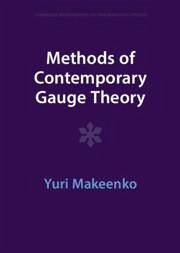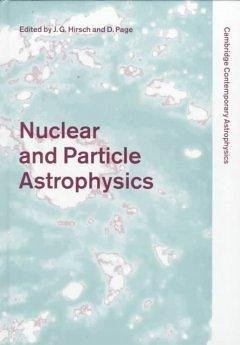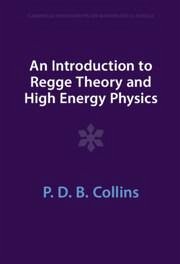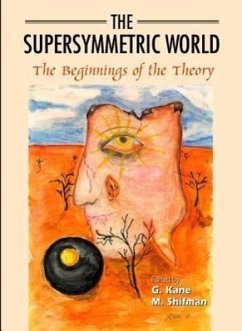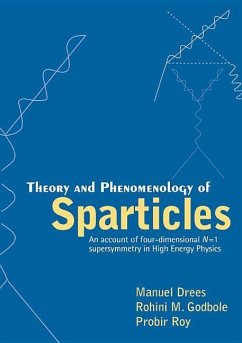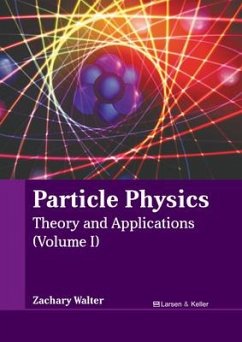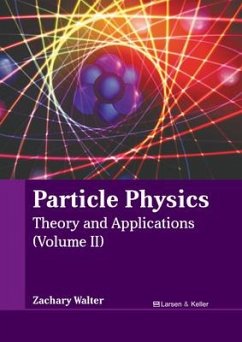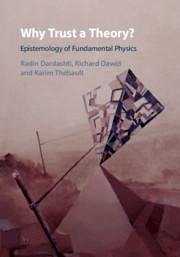
Why Trust a Theory?
Epistemology of Fundamental Physics
Herausgeber: Dardashti, Radin; Thébault, Karim; Dawid, Richard
Versandkostenfrei!
Versandfertig in über 4 Wochen
99,99 €
inkl. MwSt.
Weitere Ausgaben:

PAYBACK Punkte
50 °P sammeln!
Presents a collection of essays from leading physicists, philosophers and historians of science providing perspectives on the epistemic status of fundamental physics.





